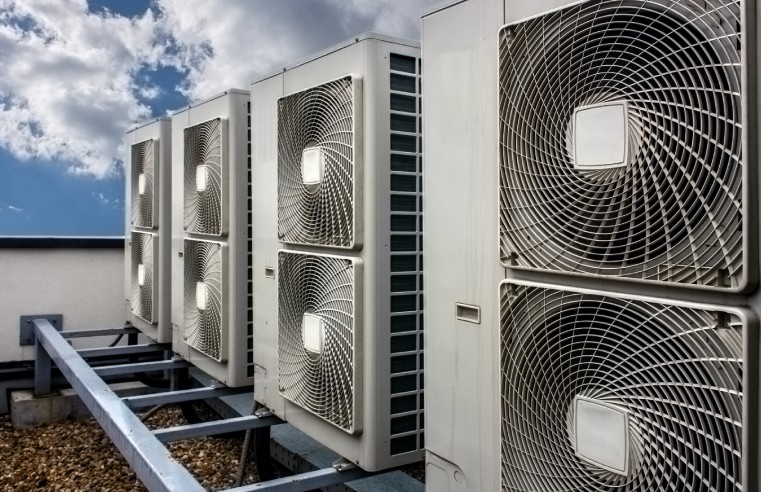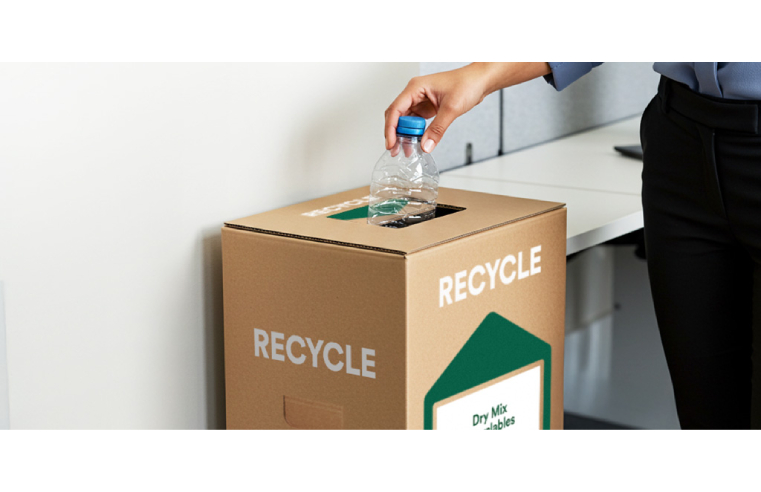HVAC units (heating, ventilation, and air conditioning) play a big part in ensuring a building is comfortable for both employees and visitors alike, but there are a variety of compliance regulations and legislations air conditioning units must adhere to.
What is Air Conditioning Compliance?
Regular maintenance and inspections by an accredited assessor will ensure that HVAC units are running effectively which will aid in reducing energy consumption and therefore reduce usage costs.
The air conditioning assessment will identify any repairs or improvements required to ensure that the HVAC unit is running effectively, along with highlighting opportunities for replacement of older, less efficient systems which could drain energy resulting in higher energy costs.
The building owner or manager should ensure maintenance and inspections of HVAC units take place regularly for operational efficiency and in line with compliance requirements; all records of reports should be available for assessors. In addition to the required inspections, normal activities such as the cleaning of air conditioning units should be made regularly by trained personnel.
How Does it Benefit Your Business?
Air conditioning compliance is vital to ensure the safety of occupants and to ensure the unit meets standards set by Public Health. Employing a specialist such as Facilities Management Services from MSL Property Care Services will provide scheduled maintenance of HVAC units and ensure that you remain within the set-out regulations.
When and Which
Under the European Union’s F-gas Regulation, it is stated that each air conditioning unit should be regularly inspected dependent on its size. For example, a refrigerant over 3kg will need inspection every 12 months, a 30kg unit every 6 months and those over 300kg will require inspection every 3 months. The inspection will also outline whether the system is adequately sized to cool the space along with ensuring the overall energy performance of the unit is sound.
In addition to regular maintenance and obtaining F-Gas certification, air conditioning units should also be inspected as part of the EU Energy Performance of Buildings Directive (EPBD). This states that air conditioning units with an output rated more than 12kW must be inspected, certified and ‘lodged’ on the government landmark system; this includes multiple units which add up to a combined output of 12kW.
What is an Air Conditioning Inspection?
An air conditioning inspection will be carried out by an accredited assessor and will examine the overall system and its controls along with the relevant documentation which supports the system. This documentation is vital for indicating the regularity of maintenance, and the assessor will provide new documentation as part of a report at the end of their assessment.
As the air conditioning assessment will require access to often restricted areas such as the roof, the building owner may need to be present to grant access and permission for work. As part of the assessment, the unit may need to be switched off and as such, these assessments should be conducted out of work hours where appropriate. As part of a planned and compliance maintenance schedule, facilities management companies can work alongside a business’ opening hours to minimise disruption to day to day work.
After the inspection a report will be issued identifying the efficiency of the system, any faults and required maintenance. Acting on the report and making changes where necessary, businesses could save money on energy costs, reduce carbon footprint and ensure a safe and comfortable environment.



































